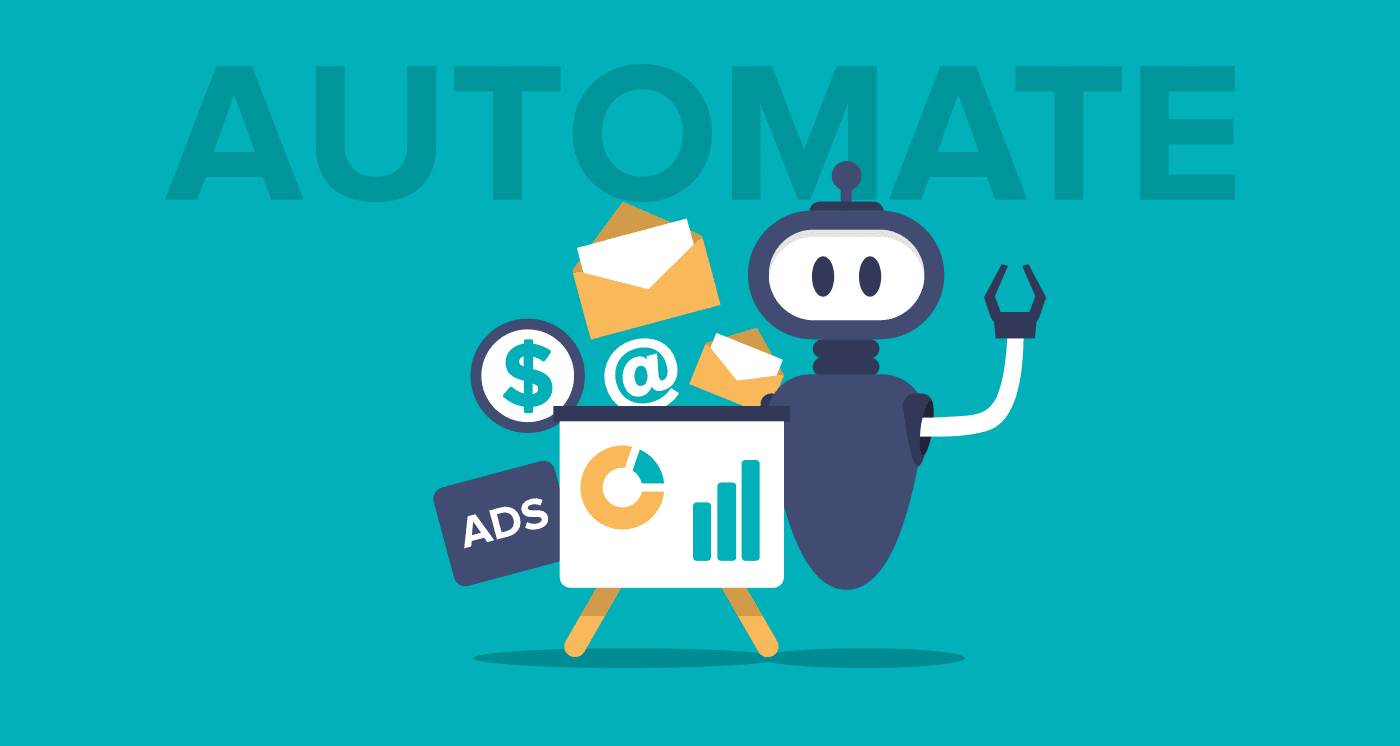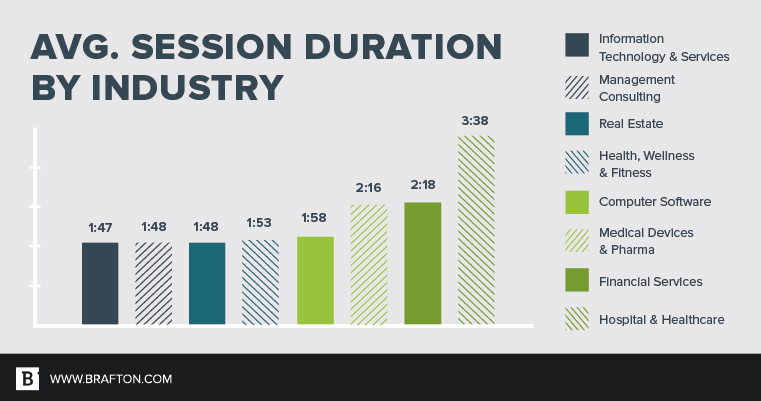
Streamlining Success: Digital Marketing Automation Strategies
In the ever-evolving landscape of digital marketing, automation has emerged as a powerful tool for streamlining processes, increasing efficiency, and enhancing overall campaign effectiveness. Digital Marketing Automation is not just a trend; it’s a strategic approach that allows businesses to optimize their efforts and achieve better results. This article explores the significance of digital marketing automation and delves into key strategies for successful implementation.
1. The Role of Digital Marketing Automation
Digital Marketing Automation involves using software and technology to automate repetitive tasks and workflows in marketing campaigns. This ranges from email marketing and social media scheduling to lead nurturing and customer segmentation. The primary goal is to reduce manual efforts, save time, and deliver a more personalized and targeted experience to the audience.
2. Personalization at Scale
One of the key advantages of digital marketing automation is the ability to personalize communication at scale. Automation tools enable businesses to tailor messages based on user behavior, demographics, and interactions. Personalized content fosters a deeper connection with the audience, leading to increased engagement and conversion rates.
3. Efficient Email Marketing Campaigns
Email marketing remains a cornerstone of digital marketing strategies, and automation takes it to the next level. Automation tools allow businesses to send targeted and timely emails based on user actions. From welcome sequences to abandoned cart reminders, automated email campaigns ensure that the right message reaches the right audience at the right time.
4. Lead Nurturing and Conversion
Digital marketing automation excels in lead nurturing, guiding potential customers through the sales funnel. Automated workflows can deliver relevant content, trigger responses based on user interactions, and score leads for sales readiness. This systematic approach contributes to higher conversion rates and a more streamlined sales process.
5. Social Media Scheduling and Engagement
Managing multiple social media platforms can be time-consuming, but with digital marketing automation, businesses can schedule posts, monitor engagement, and analyze performance seamlessly. Automation tools provide a centralized dashboard for social media management, ensuring consistent and strategic communication across channels.
6. Data-Driven Decision Making
Digital marketing automation relies on data analytics to measure and analyze campaign performance. By tracking key metrics such as click-through rates, conversion rates, and customer behavior, businesses gain valuable insights. Data-driven decision-making allows for continuous optimization, ensuring that marketing efforts are aligned with actual user preferences and trends.
7. Dynamic Landing Pages
Creating dynamic and personalized landing pages is simplified through automation. By dynamically changing content based on user data, businesses can deliver a more tailored experience. This not only enhances user engagement but also increases the likelihood of conversions as visitors see content relevant to their interests.
8. Customer Segmentation and Targeting
Understanding your audience is crucial in digital marketing, and automation facilitates effective customer segmentation. By categorizing users based on behavior, demographics, or preferences, businesses can target specific segments with personalized campaigns. This precision in targeting improves the relevance of marketing messages and boosts overall campaign performance.
9. Multichannel Campaign Orchestration
Digital marketing often involves reaching audiences across various channels. Automation allows businesses to orchestrate cohesive and synchronized multichannel campaigns. Whether it’s email, social media, or other online channels, automation ensures that the messaging is consistent, creating a unified brand experience.
10. Integrating Digital Marketing Automation
To truly harness the power of digital marketing automation, businesses need to seamlessly integrate these tools into their overall marketing strategy. Integration ensures that different elements of the marketing ecosystem work together harmoniously, from customer relationship management (CRM) systems to e-commerce platforms. A well-integrated system maximizes efficiency and ensures a unified approach to marketing automation.
In the rapidly evolving digital landscape, digital marketing automation is not just a convenience; it’s a necessity for businesses aiming to stay competitive. For deeper insights into digital marketing automation and its strategic implementation, explore Digital Marketing Automation. Streamline your marketing efforts and unlock new levels of success in the digital realm.





